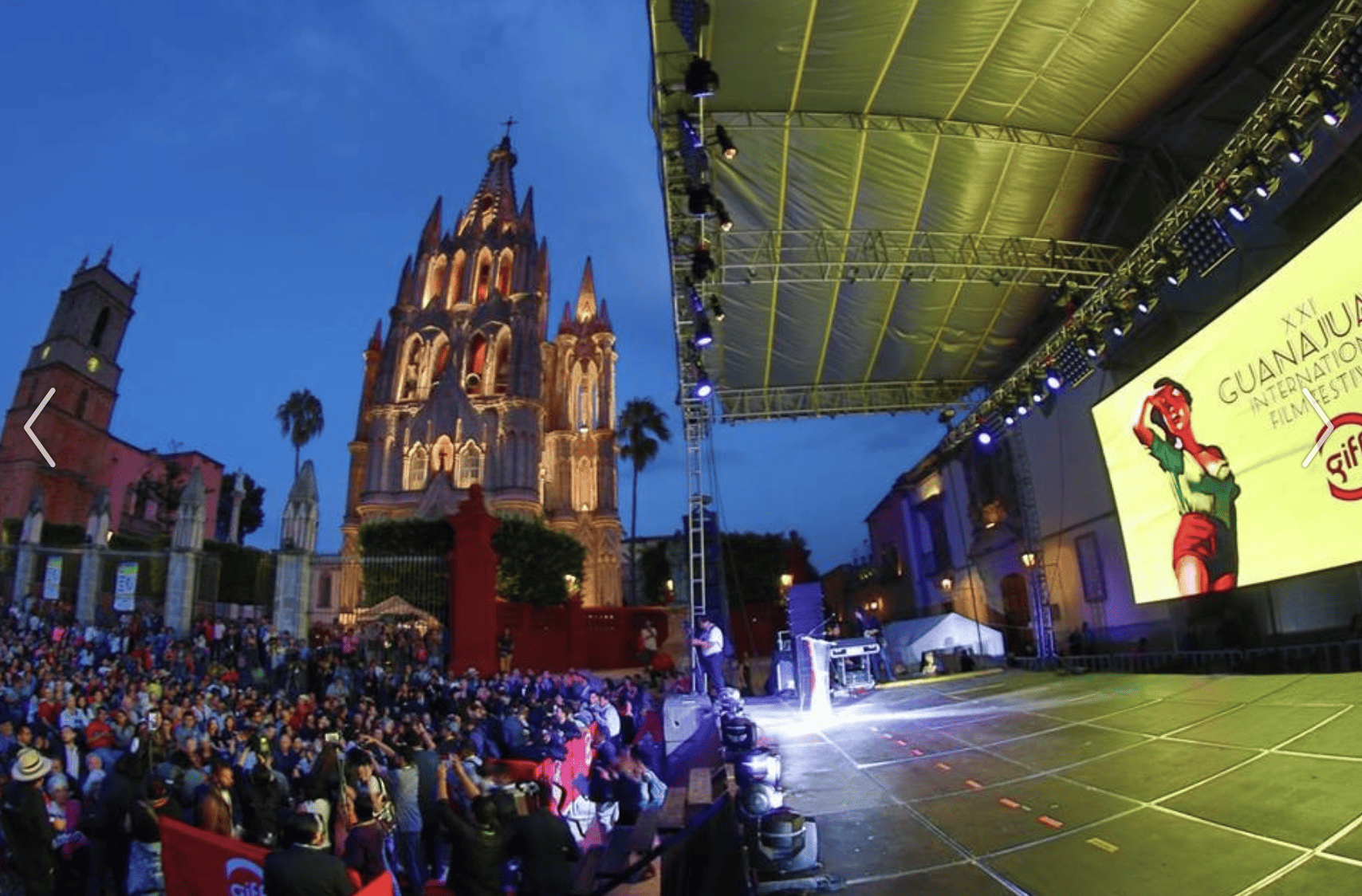The 26th edition of the Guanajuato International Film Festival (GIFF) begins on Thursday, and will run until July 31 in the cities of León, San Miguel de Allende and Irapuato.
Switzerland will be this year’s guest of honor, and the festival will showcase a number of Swiss films. A total of 201 films will be screened from 49 countries around the world.

The festival will also host 37 world premieres, in addition to 53 Mexican, 21 Latin American and 32 U.S. premieres.
From vineyards in San Miguel de Allende to theaters in León and gardens in Irapuato, this year’s venues will bring back annual features of the festival such as Children in Action, Midnight Madness, Music + Cinema and Cinema Among the Dead.
“The festival will take on the host city’s identity,” GIFF Director Sarah Hoch told the publication Forbes Life in an interview. “Venues in León include large spaces, theaters and museums. In San Miguel de Allende, we will be in vineyards and ecological zones, while in Irapuato we will see gardens, a cinema picnic and a gastronomic space.”
Rather than running concurrently, the festival will move across the state, beginning first in León, where the festival will run from July 20 to 23 and open with the biographical film “Joan Baez: I am a Noise” by directors Karen O’Connor, Miri Navasky y Maeve O’Boyle. “Lost in the Night” by Mexican director Amat Escalante, which premiered at the Cannes Film Festival, will also be shown.

The festival will then move on to San Miguel de Allende, from July 24 to 27, before finishing in Irapuato on July 28, with the world premiere of “Martínez” by Lorena Padilla. GIFF will wrap up on July 31 with the screening of different children’s films in the Teatro de la Ciudad.
The festival will also pay homage to Mexican director Luis Estrada, Mexican actress Araceli Ramírez, Mexican film producer Tita Lombardo and U.S. musician Baez.
A panel of experts will also discuss the role of artificial intelligence in the creative industries “to anticipate what is coming,” Hoch said. “We believe that AI is a threat to Mexican cinema and to the industry worldwide. It is a very serious issue, and that’s why we must discuss it.”
Access to all movies shown during the festival is free of charge.
With reports from Forbes Online
